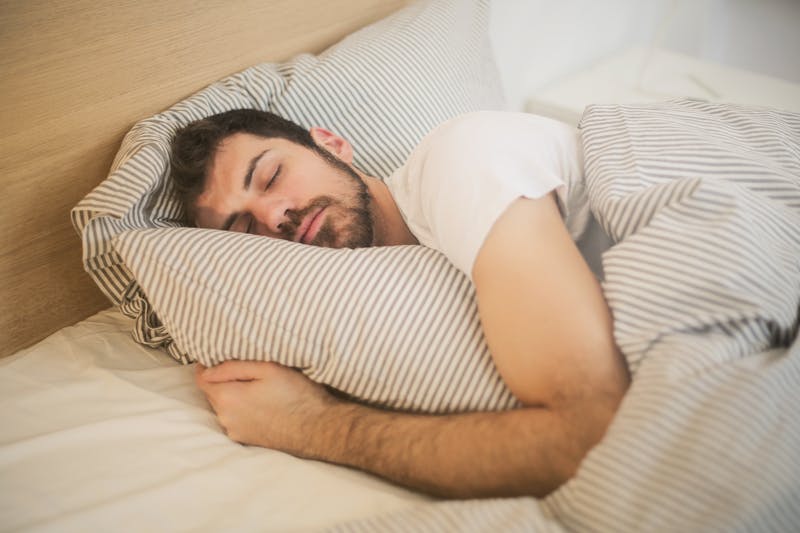Are you having trouble getting some rest at night but you haven’t changed anything to your sleeping routine? Then your body is probably catching up with your age. The older you become, the more difficulty you might experience when you’re trying to catch some extra Zzz’s. But why does this happen to us? Keep reading to discover everything about sleep patterns and how to improve them!
The Science Behind Changing Sleep Patterns
Have you noticed that your sleep isn’t as deep or restorative as it once was? You might take longer to fall asleep, or you wake up more frequently at night, or waking up early in the morning becomes common. Then you’re experiencing a natural part of aging, which is caused by shifts in your body’s internal clock, which is known as the circadian rhythm. Older adults tend to produce less melatonin, the hormone that regulates sleep, making it harder to stay asleep.
Additionally, deep sleep—the most restorative stage—decreases with age, leading to lighter, more fragmented nights. While adults over 30 still need between 7-9 hours of sleep, achieving that can be difficult due to biological changes and external factors like increased sensitivity to noise or discomfort from age-related aches and pains when you’re older.

How to Improve Your Night-Time Quality as You Age
While you can’t stop these changes, you can adopt habits to improve your sleep quality. Maintaining a consistent sleep schedule is key. This means going to bed and waking up at the same time each day, which helps regulate your internal clock. Reducing screen time before bed is also a must, as blue light from devices can interfere with melatonin production.
Staying active during the day promotes better rest at night. Regular exercise, even something as simple as daily walks, can help you fall asleep faster and improve overall sleep quality. We also recommend addressing medical issues like sleep apnea, restless leg syndrome, or chronic pain with a doctor. This can prevent them from disrupting your rest.
By prioritizing hygiene and making small lifestyle adjustments, you can improve the quality and wake up feeling more refreshed—even if you don’t sleep quite like you used to.
